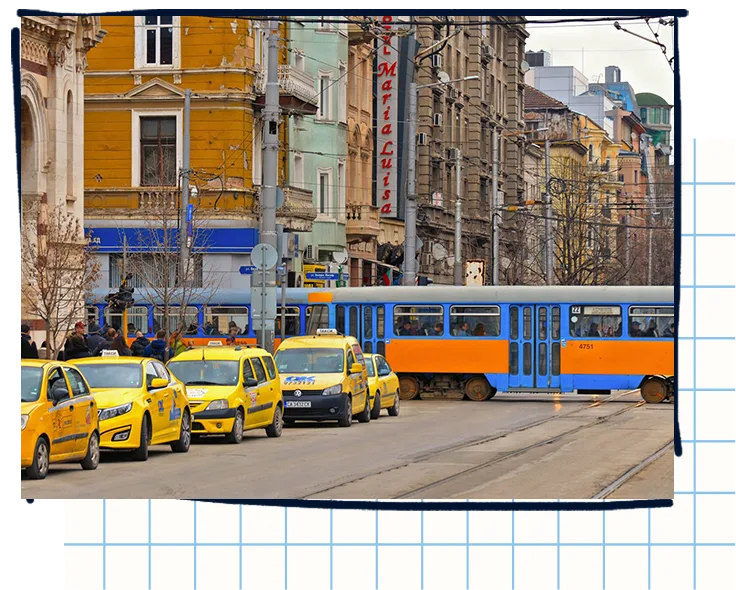
Bulgarian
Bulgarian is one of the 24 official languages of the European Union and the official language of Bulgaria. It is spoken by approximately 7.5 million people within the country, as well as by a large diaspora throughout Europe and around the world.
Bulgarian holds the distinction of being the first Slavic language to develop its own script, created in the 9th century. Since January 1, 2007, with Bulgaria’s accession to the EU, the Cyrillic alphabet—used by Bulgarian—has become the third official script of the European Union, alongside the Latin and Greek alphabets.
The Bulgarian language is closely tied to the formation of the Bulgarian nation, which emerged between the 7th and 9th centuries through the unification of Slavic tribes, the local Balkan populations (Thracians and Illyrians), and the Bulgars of Asparuh and Kuber. The adoption of Christianity played a vital role in uniting the Bulgarian people in Moesia, Thrace, and Macedonia, and contributed to the development of the Old Bulgarian language.
Bulgarian belongs to the Indo-European language family and is part of the eastern branch of the South Slavic group. It is particularly known for its rich verbal system—boasting over 200,000 words, with verb forms numbering in the millions. For example, the verb cheta (to read) alone has 52 different forms.
The vocabulary of Bulgarian includes native Slavic words as well as borrowings from classical languages such as Russian, Turkish, and Arabic, and more recently from Western European languages. In the past few decades alone, over 5,000 new words, expressions, and idioms have entered the language, reflecting its dynamic evolution.
Certificates and Levels
1. Institute for Balkan Studies (IMXA)
- Levels:
- A1-A2, B1-B2, C1-C2
- Description: Exams are held twice a year, in February and June, in Thessaloniki.
- Recognition by ASEP:
Yes. (The certificate is recognized only in Greece. For studies abroad, exams from a Bulgarian university are required).
The Bulgarian language is important for studying and working in Bulgaria, as well as for professional opportunities in many tourist resorts in Northern Greece.
Course Duration
A1 → 2 academic hours per week for 9 months
A2 → 2 academic hours per week for 9 months
B1 → 2 academic hours per week for 9 months
B2 → 3 academic hours per week for 9 months
C1 → 3 academic hours per week for 9 months
C2 → 3 academic hours per week for 9 months
“Private lessons also available upon arrangement with the students.”
Are you interested in Bulgarian?
I choose Bulgarian!
I'm truly fascinated by the Bulgarian language and eager to learn it!
Get in touch with us — we’ll be delighted to travel together into new worlds, discovering different cultures through the beauty of the Bulgarian language.

